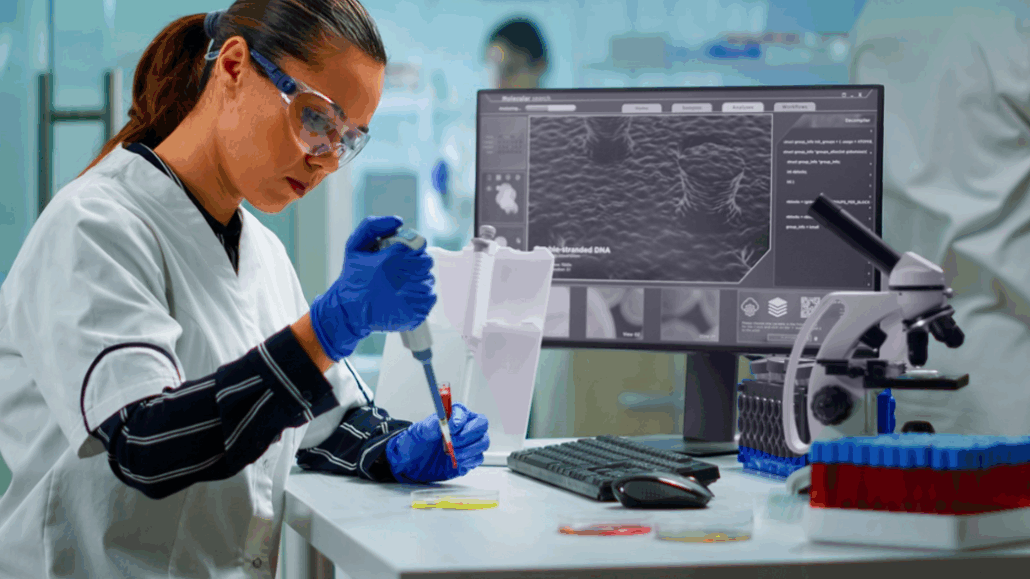
Blood test detects pancreatic cancer early
Mainz Biomed NV may have taken a major step in early pancreatic cancer detection. The company reports that its multivariate RNA liquid biopsy test, licensed from Liquid Biosciences Inc. in March, achieved 100% sensitivity and 95% specificity in a feasibility study. The results suggest the test could detect cancer—and even precancerous lesions—earlier than current methods.
According to Mainz BioMed NV, the study analysed 30 blood samples using 18 RNA markers. These markers measure quantitative expression values of genes associated with cancer, cell stress, hypoxia and other pathways, analysed through Liquid Biosciences’ EMERGE AI platform. All pancreatic cancer patients were correctly identified, and only 5% of healthy individuals were classified as false positives. The company also stated that precancerous lesions could be recognised, though no quantitative data were provided.
The AI does not evaluate individual markers in isolation, but rather analyses combinations of expression profiles to generate a risk score. This score is then compared with a defined cutoff, classifying results as “increased risk” or “no evidence of tumour.” According to Mainz Biomed, the approach enables early detection of tumour or precancerous signatures in blood samples.
The development is notable because pancreatic cancer has been extremely difficult to detect early. Previous liquid biopsy approaches achieved 80–95% accuracy only at stage IV, when metastasis had already occurred and treatment options were limited. Stage I detection via single-marker liquid biopsy was possible in just 1–2% of cases.
Due to population-specific heterogeneity, the company acknowledges that the values—described by Benziga.com as “sensational”—must be validated in larger patient cohorts before FDA recognition. This validation is precisely what Mainz Biomed plans to undertake. The company aims to market the test as a screening tool for high-risk groups, allowing earlier intervention before cancer develops.
According to Guido Bachler, CEO of Mainz Biomed, the assay is a blood-based test that detects early stages of disease, “a crucial step towards early diagnosis.”
The company is now preparing a larger clinical trial to finalise the selection of PCR-detected biomarkers under its “PancAlert” programme and to evaluate performance across different stages of pancreatic cancer.


 Bayer AG
Bayer AG adobe stock photos - AkuAku
adobe stock photos - AkuAku  Adobe Stock.com - Boontharika
Adobe Stock.com - Boontharika